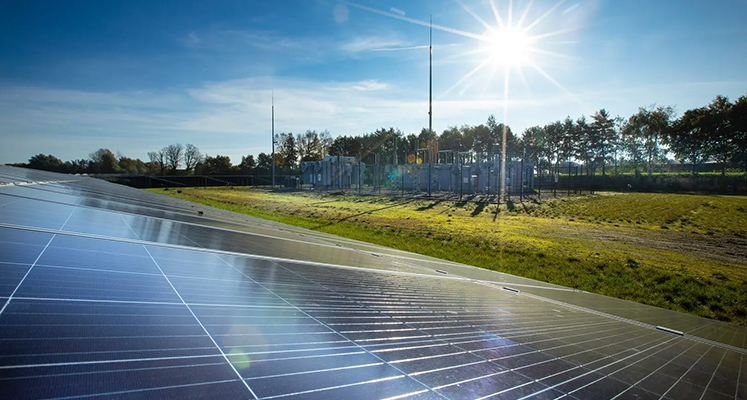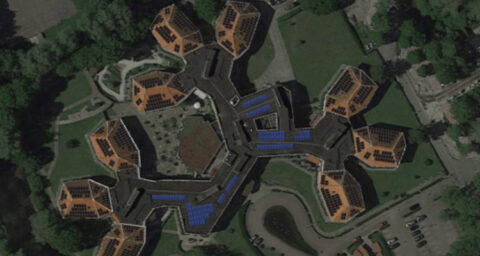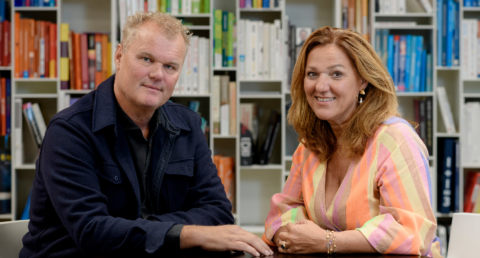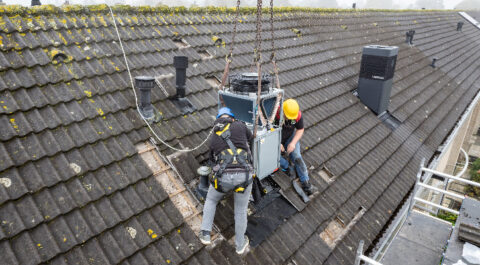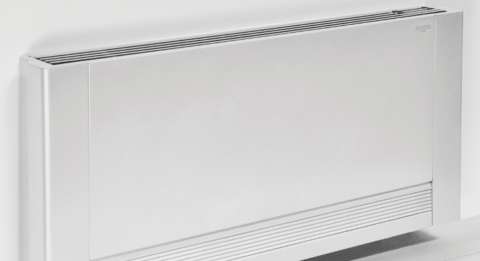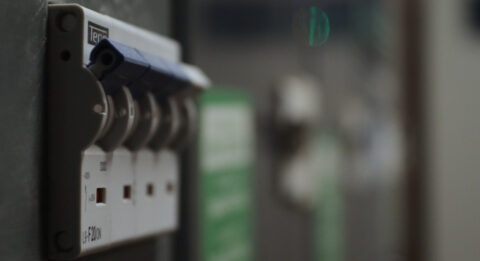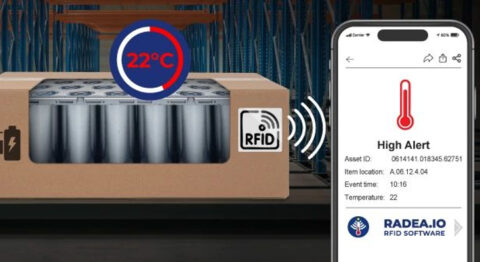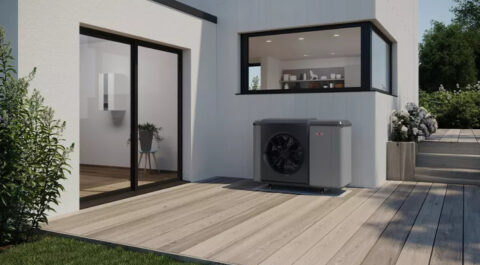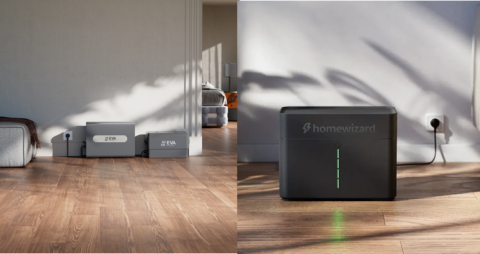The Senate has rejected the bill to phase out the solar electricity balancing scheme. This means that the energy-saving scheme will at least not be phased out from 2025. Doekle Terpstra, chairman of Techniek Nederland: 'As far as we are concerned, a gradual phasing out of the energy-saving scheme would have been more logical. But consumers and installers especially benefit from clarity. That is now available.' Terpstra does note that the continuation of the energy-saving scheme may increase the pressure on the electricity grid: 'Tackling grid congestion is now more urgent than ever.'
The energy transition is in full swing. Because both the production and use of electricity are increasing rapidly, the electricity grid is becoming increasingly burdened. Solar panels are making a significant contribution to this. Techniek Nederland believes that the government and grid operators must do everything possible to make the grid future-proof. Terpstra: 'We must strengthen and expand the grid. But there are also other ways to combat grid congestion. We also relieve the burden on the grid by matching the number of solar panels per building as closely as possible to their own consumption and by using solar power more intelligently.
Home Battery
A home battery can also help people consume more generated power themselves. Terpstra: "The government must now stimulate both the development and the use of home batteries. An energy management system in the home can also help people use more power themselves. Such a system ensures that appliances are automatically switched on and the electric car is charged when the sun shines.
